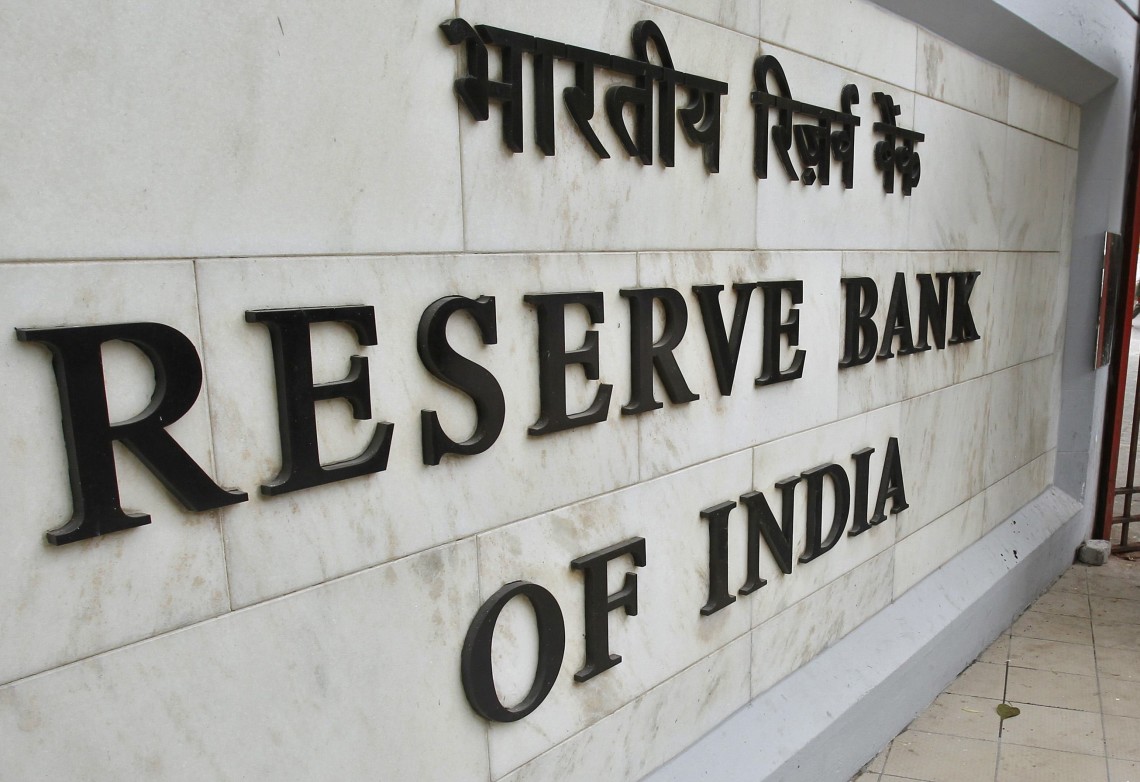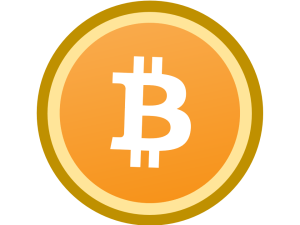
One of India’s largest TV networks, New Delhi Television Limited, aired a special program with the Governor of Reserve Bank of India (RBI), Raghuram Rajan. The show which was titled, “India Forecast”, gathered students from several local universities to ask the head of India’s central bank various questions about the economy.
The hour long show started with the host, Dr Prannoy Roy, asking about Rajan’s long career – from being an academic, to becoming the chief economist for the International Monetary Fund, and now the head of RBI. The conversation then opened up to questions about e-commerce from the audience, until one student asked him about bitcoin.
“My question is not exactly related to e-commerce, but to a more important topic of bitcoins. Being from the Chicago School of Thought, you propagate more free markets. So, I want to know, what is your view as a regulator on free banking, and having more of equitable currencies floating in the market?”.
“I have no doubt that down the line, we will be moving towards primarily a cashless society and we’ll have some kind of currencies like this which will be at work. For us at the Reserve Bank, this may happen in 10 to 20 years from now,”-Raghuram Rajan, Governor of the Indian Reserve Bank.
He continued on the topic and shared his opinion on digital-currencies, “See, I think we’re still watching the evolution of these kinds of currencies. One of the problems that we envisaged with bitcoin, one of course was security issues and you’ve seen that they’re not as secure as people thought they were and there have been stolen bitcoins and so on. But the second issue was the fluctuation in value. For money, you require something called a stable store of value and something that fluctuates so much is less effective in use as money. There are some lessons to be learned from the technologies that bitcoin has employed, some of them are useful, some of them are worrisome. We have to see how we take on board such technologies.But I think these virtual currencies will certainly get much better, much safer and over time will be the form of transaction, and that’s for sure”.
He then touched on how currencies in India could affect RBI, “We’ll have to figure out how we make money because the way we generate most of our revenue is through forms of Seigniorage. People are willing to hold currency free of interest and that’s how we make money, but we’ll figure that out”.
Dr. Roy asked the head of the central bank to clarify that he saw virtual currency as part of India’s future he, “You know, in a sense, credit cards are already performing some of that role. The amount of rupees that flow through your hands I presume are far less than used to before credit cards. Yes, we want to permit. I mean we’re not saying we’re going to lose money therefore we won’t do it, we’ll find some other way of getting money, maybe the government will fund us eventually”.
India’s adoption of bitcoin, like many other places in the world, has been greatly affected by an uncertain regulatory schemes for the new currency. The RBI released their first guidance on digital currency shortly after Bitcoin’s price rose above $1,000 in December of 2013. They cautioned users about its use and highlighting how the currency was not banked by a central issuer and could be used for illicit means.
Several Indian exchanges were either raided by police or voluntarily shut down shortly after the announcement. “When the Bitcoin price skyrocketed, there were many Ponzi schemes and butcher shops around trying to loot the Indian investors. Hence RBI warned the Bitcoin usage and shutter down the butcher shops and seized the Ponzi houses but RBI never said bitcoin was illegal,” said Mupparaju Siva Kameswara Rao, CEO of BTCXIndia, speaking to BNC News. “Real players and start-ups like us have come across since and are working together with the Indian Bitcoin community to influence authorities to ensure appropriate regulation will be in place”.
Unocoin is an Indian bitcoin exchange founded in early December, while regulatory waters in India were still very uncertain. The exchange has since grown to be one of the largest in India and received a 250k investment from chairmen of SecondMarket and founder of Bitcoin Investment Fund, Barry Silbert.
Speaking to BNC News, Unocoin CEO Sathvik Vishwanath says he sees the position the governor of RBI improving since their first guidance on bitcoin, “It looks like there has been some change in the opinion in a good way. Last warning was more about the financial risks associated due to fluctuations and legal risks due to AML and Funding of Terrorism Act. This time it is about security of bitcoin which logically the next concern from a regulatory body like RBI. As they are expressing this concern, I believe their understanding about bitcoin has improved since an year as in such financial risk is inevitable in such a disruptive technology and bitcoin is a not the best choice for doing illegal activities.”
RBI said they were investigating how bitcoin would fit in India’s existing laws in their last guidance, but to this date bitcoin remains an unregulated industry in India.Rao feels that will eventually change, “I am certain, RBI/Indian regulatory bodies will regulate the Bitcoin within 4 years down the line. The main challenge will be to adapt current legislation to make it workable for crypto currency; a process that will take time to get right. It will have be implemented on such a level that it manages the risks of a decentralized currency, but are allows for India to draw the benefits of bitcoins potential and unique features”.
Click on the bitcoin logo below to buy, use or accept bitcoin. Unocoin is India’s most popular bitcoin wallet.
To read the bitcoin white paper, visit: https://bitcoin.org/bitcoin.pdf








